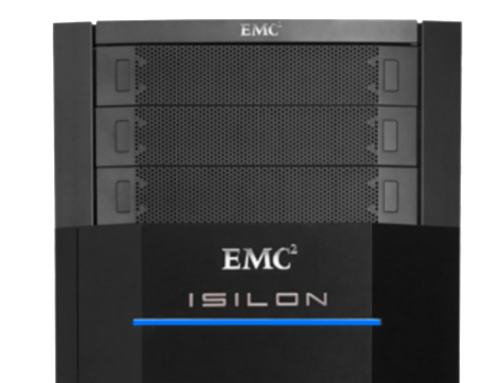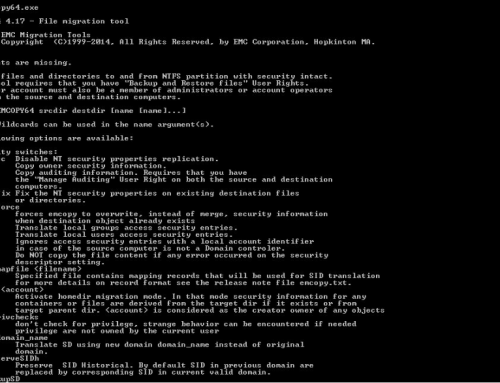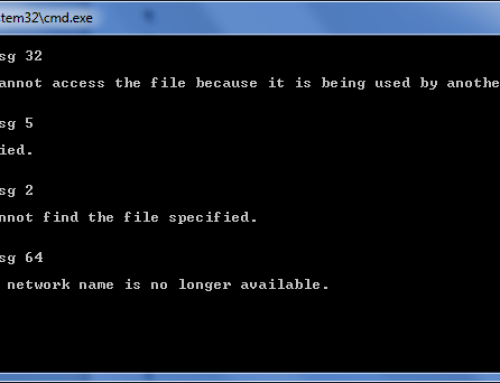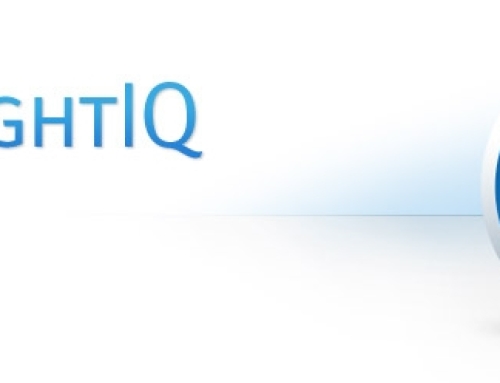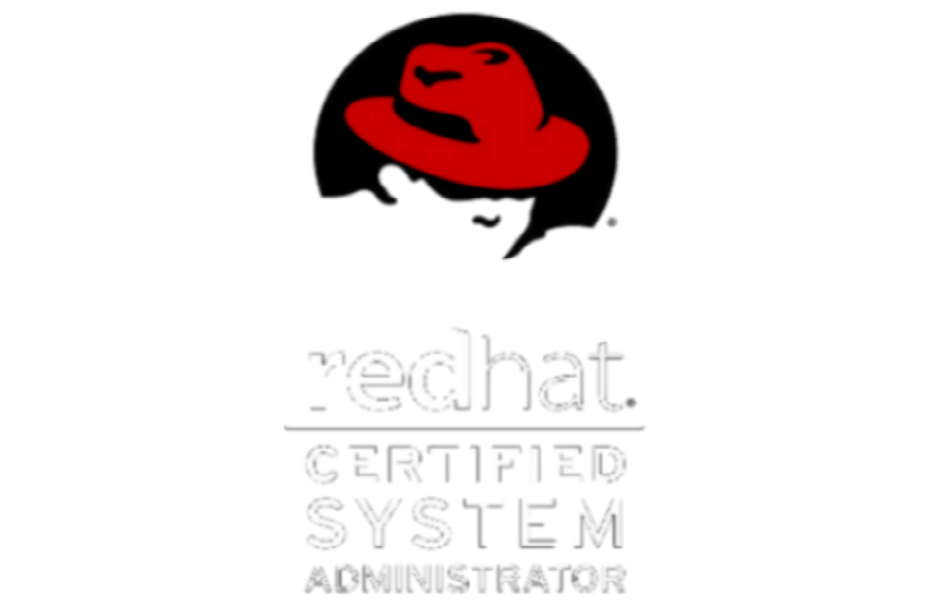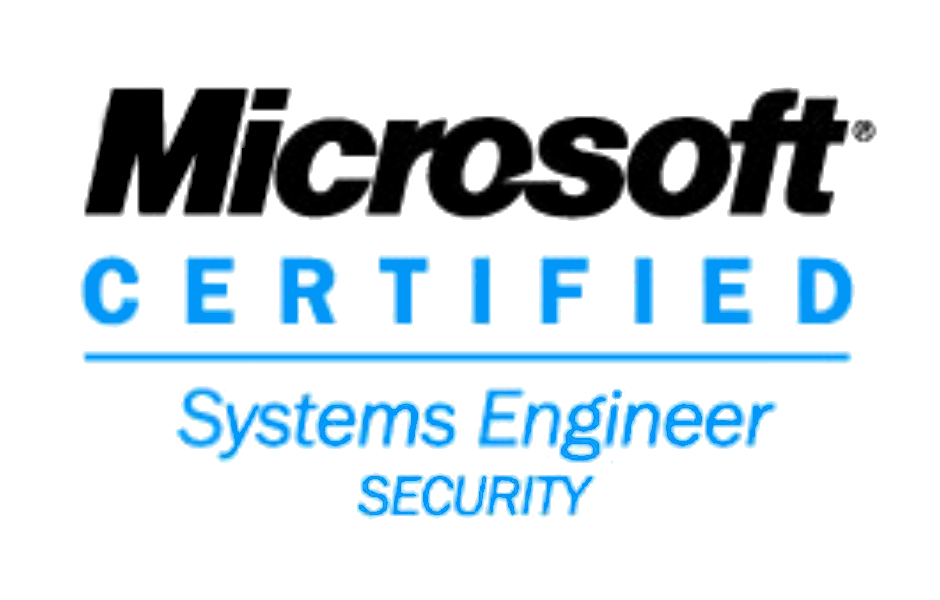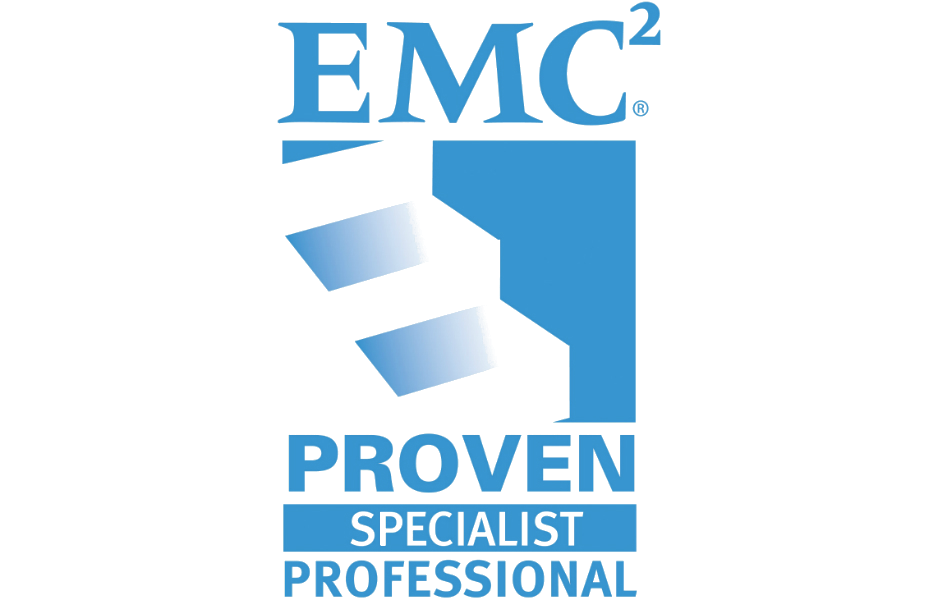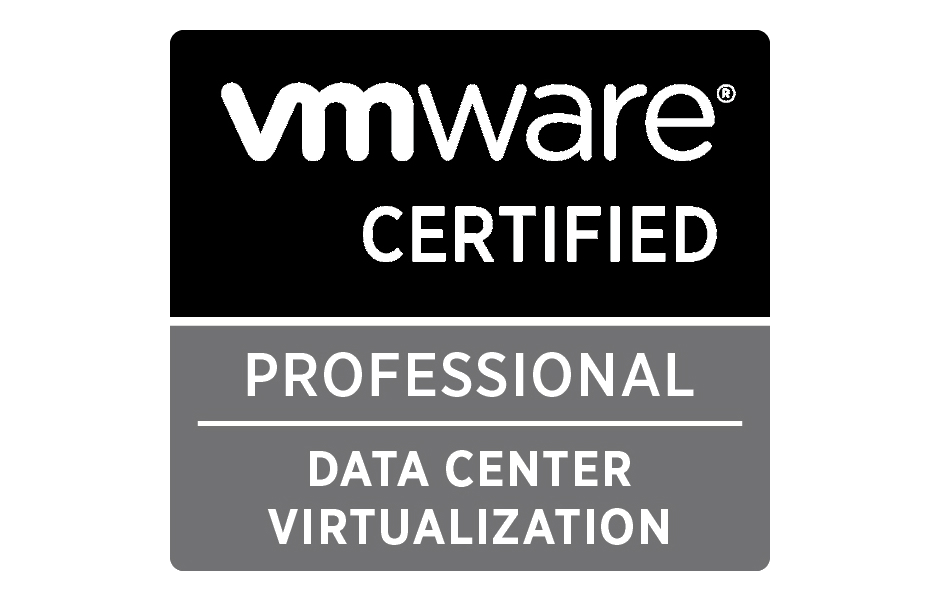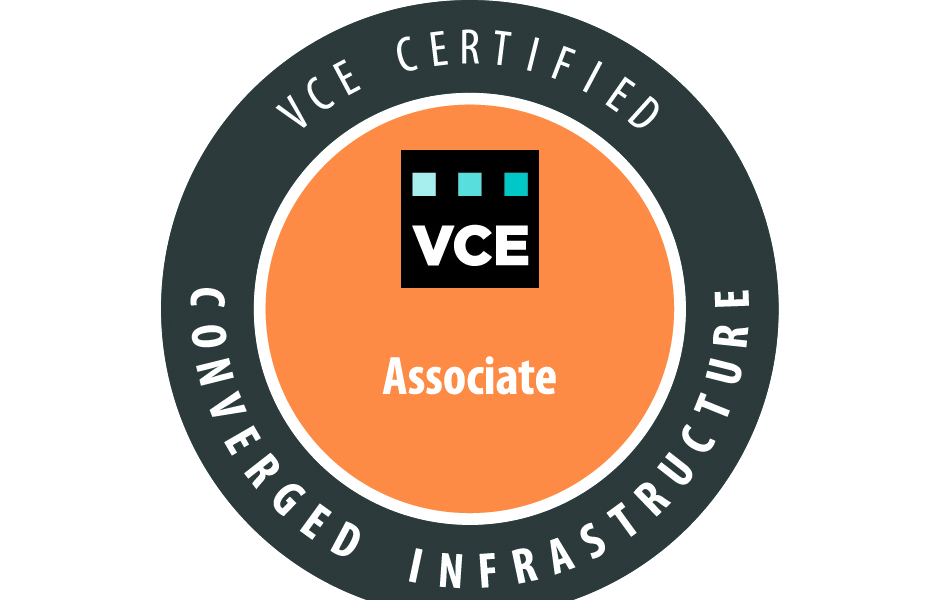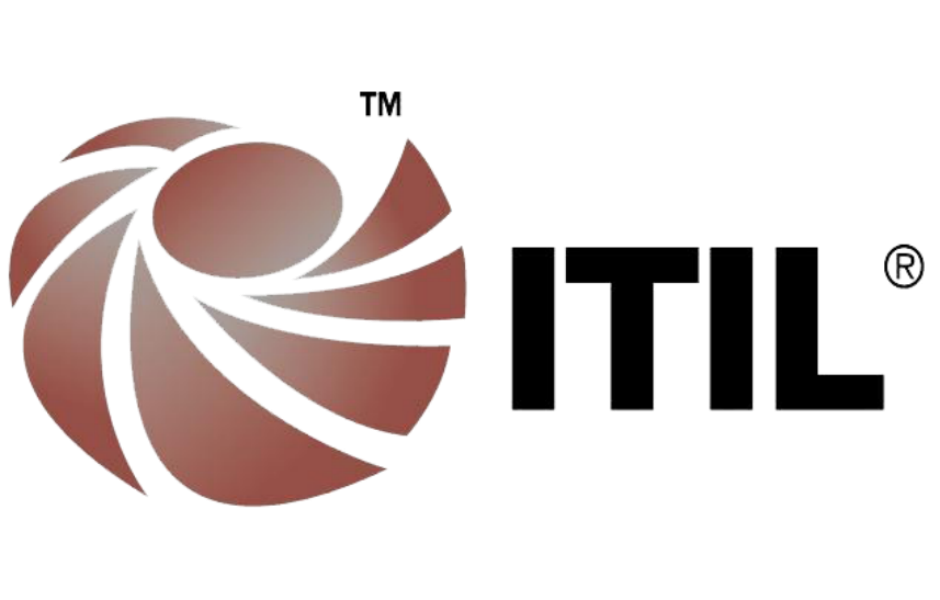Isilon OneFS® is EMC Isilon’s storage array operating system, the OneFS file system is truly distribute and stripe the data across all the nodes of similar models in the cluster to create a single file system with one shared storage pool or multiple pools.
OneFS is FreeBSD variant and utilizes zsh as its shell, OneFS has its own specialized command set all start with “isi” using to managing the cluster.
Last week EMC announced OneFS 7.2, This version of OneFS brings new exciting features
For a full list of features, please download the release notes of OneFS 7.2
New protection policy for HD400
EMC introduced Isilon HD400 (60HDDs node) To ensure that node pools made up of new Isilon HD400 nodes can maintain a data protection level that meets EMC Isilon guidelines for meantime to data loss (MTTDL), OneFS offers a new requested protection option, +3d:1n1d (3 drives or 1 node and 1 drive). This setting ensures that data on an HD400 node pool remains protected in the event of three simultaneous drive failures, or the simultaneous failure of one drive and one node.
Source based routing
OneFS now supports source-based routing, which selects which gateway to direct outgoing client traffic through based on the source IP address in each packet header.
Node equivalency
OneFS now enables nodes of different generations to be compatible based on certain criteria and constraints. You can specify compatibilities between Isilon S200 and similarly configured Isilon S210 nodes, and between X400 and similarly configured X410 nodes. Nodes must have compatible RAM amounts and identical HDD and SSD configurations. Compatibilities allow newer generation nodes to be joined to existing node pools made up of older generation nodes. After you add three or more newer generation nodes, you can delete the compatibility so that
OneFS can autoprovision the new nodes into their own node pools. This enables you to take advantage of the speed and efficiency characteristics of the newer node types in their own node pools.
NFS service improvements
OneFS incorporates a number of improvements to the NFS service, including support of NFS v4 and NFS v3 (NFS v2 is no longer supported meaning that clients that only use NFS 2 will no longer be able to access data store and should support v3 or v4).
Other improvements include moving the service from the operating system kernel into userspace for increased reliability; Before OneFS 7.2 NFS used to be names as kNFS (Kernelspace NFS) after 7.2 it is called uNFS (Userspace NFS), this will also allow Isilon to write NFS patchs and patch the NFS without rebooting the entire node.
Supporting audit features for NFS events; incorporating access zone support for NFS clients which made NFS support features that where only supported in SMB; autobalancing across all nodes to achieve performance parity and ensure continuous service; and the ability to create aliases to simplify client connections to NFS exports.
one-aware ID mapping
OneFS now supports management of ID mapping rules for each access zone. ID mapping associates Windows identifiers to UNIX identifiers to provide consistent access control across file sharing protocols within an access zone, this feature is useful if you are doing multi-protocol in Isilon as it will make managing the mapping table easier.
Automatic drive firmware updates
OneFS now supports automatic drive firmware updates for new and replacement drives. This is enabled through drive support packages.
Clients can upgrade to Moby by downloading the OneFS upgrade from EMC support website.


